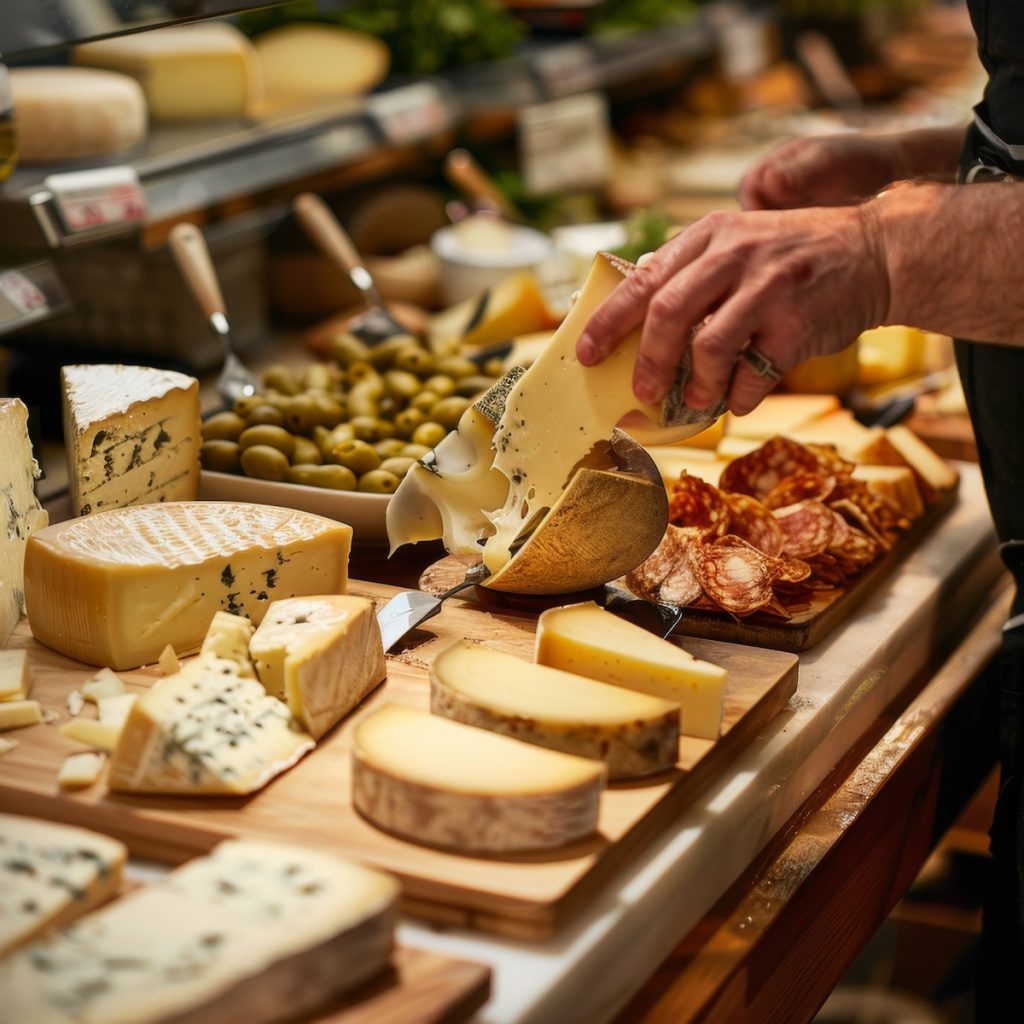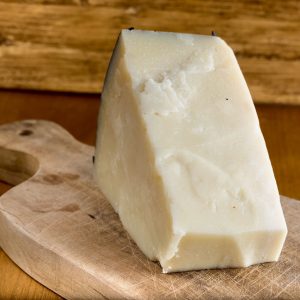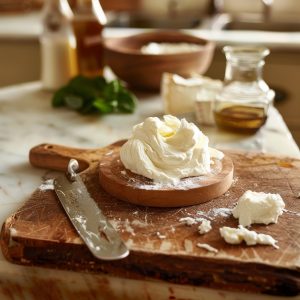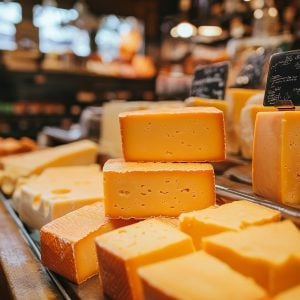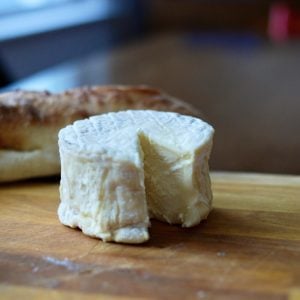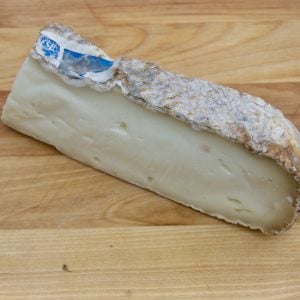Do You Ask For A Taste When Buying Expensive Cheeses?
As a home cook, one of the most frustrating things about buying new ingredients is not being able to taste them first. Occasionally, there will be a tray with little pieces of cheese available at the grocery store. Still, most of us would never dream of trying a new and interesting ingredient at the local Safeway or Ralphs, let alone some specialty gourmet shop.
Professional chefs almost always taste new ingredients before they buy them. They have to make sure they are spending a usually tight budget wisely. Take a cue from the pros, especially these days when most of us are pretty strictly budgeting: ask for a taste before you buy.
I know that my friend, Bill, at my local farmer’s market, will always let me “try before I buy.” It might seem old-fashioned, but purveyors who stand behind their products will always allow you to taste them because they are proud of their offerings and have nothing to hide. In the long run, they will end up with happier customers since nobody will get something home, only to realize that the item is not to their tastes once it’s too late.
Other foods that I have had good luck in tasting before I buy include extra virgin olive oils, aged balsamic vinegar, artisan bread, deli meats, and cheeses (even at the regular grocery store, the person behind the deli counter will always let you taste before you buy), and fruits and vegetables.
Is It Proper to Ask For A Taste of Cheese Before Purchasing?
Absolutely! It’s common and acceptable to ask for a taste of cheese before purchasing. Many cheese shops and delis encourage customers to sample cheeses to ensure they find something they enjoy.
You can try a small piece of your desired cheese by approaching the counter and asking if you can. It’s a great way to discover new flavors and ensure you’re getting something you’ll like.
When Should You Not Ask For a Taste
While it’s generally acceptable to ask for a taste of cheese before purchasing, there are a few situations where it might be considered inappropriate or impractical:
Busy Times: If the store or counter is very busy, the staff may focus on quickly serving multiple customers. In such cases, it might be best to wait for a quieter moment or proceed with a purchase based on the descriptions provided.
Very Small or Expensive Pieces: If the cheese is already pre-cut into very small pieces or if it’s a particularly expensive variety, it might be less practical to ask for a taste. The staff may be less inclined to offer samples in these cases.
Pre-Packaged Cheese: If the cheese is already packaged and sealed, it may not be possible to sample it before purchase. In these situations, you’ll have to rely on descriptions, recommendations, and your own judgment based on past experiences with similar cheeses.
Sampling Too Many Cheeses: While it’s fine to sample a few cheeses to make an informed decision, it’s considerate not to sample many cheeses without making a purchase. This can be time-consuming for the staff and may prevent other customers from sampling the cheeses they’re interested in.
Use your judgment and be mindful of the store’s policies and the staff’s workload. If you’re unsure, it’s always a good idea to ask politely if it’s convenient for a taste test.
Benefits of Asking for a Taste
- Flavor Preference: Tasting a cheese allows you to determine if you enjoy its flavor profile, ensuring you purchase something you’ll genuinely like.
- Texture Assessment: Some people prefer softer cheeses, while others prefer firmer ones. Tasting helps you gauge the texture and mouthfeel of the cheese.
- Freshness Check: Sampling a cheese can help you ensure it’s fresh and hasn’t aged beyond your preference.
- Allergies or Dietary Restrictions: Tasting allows you to check for any ingredients that may not be suitable for your dietary needs or allergies.
- Quality Assessment: You can assess the overall quality of the cheese, looking for signs of proper aging, ripeness, and any potential defects.
- Pairing Considerations: If you’re planning to pair the cheese with other foods or wines, tasting it can help you determine its compatibility with other flavors.
- Exploration of New Flavors: Tasting different cheeses can be a fun and educational experience, allowing you to explore new flavors and expand your palate.
- Confidence in Purchase: Sampling a cheese before buying gives you confidence in your purchase, reducing the risk of disappointment once you’ve left the store.
- Personal Satisfaction: Choosing a cheese after tasting can be a more satisfying shopping experience, as you feel more involved in the selection process.
- Value for Money: By tasting before buying, you ensure that you’re getting value for your money, as you’re more likely to enjoy and use the cheese you purchase.
Are You Expected to Purchase the Cheeses You’ve Tasted?
While purchasing after sampling cheeses is courteous, you’re not always obligated to do so. Here’s a bit more nuance to consider:
- Sampling Etiquette: It’s generally polite to show appreciation for the staff’s time and effort in allowing you to sample cheeses by making a purchase, especially if you’ve sampled multiple cheeses.
- Sampling Policy: Some stores encourage or expect customers to purchase sampling. It’s a good idea to inquire about the store’s policy or observe any signs indicating their sampling guidelines.
- Reasonable Sampling: If you’ve sampled a reasonable amount and haven’t taken advantage of the store’s generosity by sampling numerous cheeses without intent to purchase, the staff will likely understand if you decide not to buy.
- Personal Preference: Sometimes, you may not find a cheese that meets your expectations or preferences despite sampling. In such cases, it’s okay to decide not to purchase.
- Communication: After sampling, if you’re unsure about a cheese, you can communicate your thoughts with the staff. They might offer recommendations or help you find something better suited to your taste.
Conclusion
At the end of the day, it never ever hurts to ask. It can often be intimidating, especially when trying something unfamiliar. But you are the customer, the one with the wallet, so make wise use of your money by ensuring you’ll like something before you pay.
We don’t think twice about asking for a “taste spoon” at the local ice cream shop, so why should we be afraid to ask at our local gourmet shop? Just ask. The worst they can say is “no,” but they will most likely consider you an educated consumer and allow you to taste.

